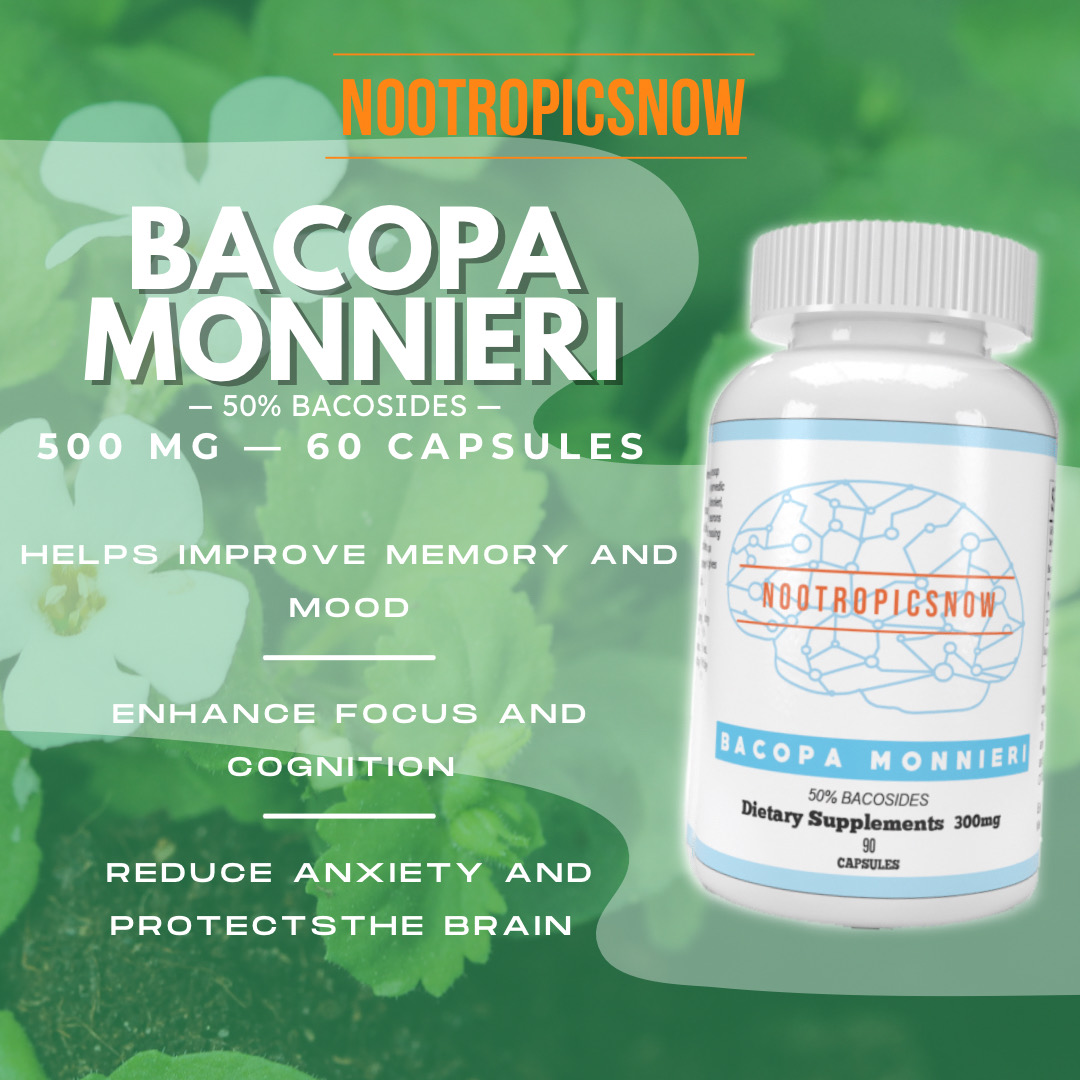Alpha GPC: Insomnia Help or Hindrance?

Alpha GPC and Insomnia: Exploring the Complex Relationship
Alpha-GPC (α-GPC or Alpha Glycerylphosphorylcholine) is a naturally occurring choline compound found in the brain. It also serves as a precursor to acetylcholine, a vital neurotransmitter intricately involved in memory, learning, and muscle control. Consequently, Alpha-GPC has garnered significant attention as a nootropic, with individuals seeking to enhance cognitive function and physical performance through its supplementation. However, the impact of Alpha-GPC on sleep, especially concerning insomnia, presents a complex and sometimes contradictory picture. While anecdotal evidence and some preliminary research suggest potential benefits for sleep, other data indicates that, for certain individuals, Alpha-GPC might actually exacerbate insomnia. Therefore, understanding the nuanced relationship between Alpha-GPC and insomnia requires a careful examination of its mechanisms of action, available research, and individual factors.
Understanding Alpha-GPC: Mechanism and Effects
Before delving into the specifics of Alpha-GPC and insomnia, a foundational understanding of the compound’s mechanism of action and overall effects is essential.
Choline Source: Alpha-GPC is a highly bioavailable form of choline. Choline is an essential nutrient required for various bodily functions, including cell membrane structure and neurotransmitter synthesis. Many people do not get adequate amounts of choline through diet alone.
Acetylcholine Precursor: Upon ingestion, Alpha-GPC is metabolized, releasing choline, which is then used to produce acetylcholine. Acetylcholine plays a crucial role in cognitive processes, including memory formation, attention span, and learning capacity. It is also involved in the regulation of the sleep-wake cycle.
Cognitive Enhancement: By boosting acetylcholine levels, Alpha-GPC is believed to enhance cognitive function. Studies have indicated potential benefits in memory improvement, increased mental focus, and even potential mitigation of cognitive decline associated with aging.

View Product
Physical Performance: Alpha-GPC has also gained traction in the athletic community. Research suggests that it might enhance power output, strength, and growth hormone secretion, thereby contributing to improved physical performance.
Neuroprotective Effects: Some studies have explored Alpha-GPC’s potential neuroprotective properties, indicating that it could safeguard against neuronal damage and promote brain health.
Alpha-GPC and Sleep: A Double-Edged Sword?
The relationship between Alpha-GPC and sleep is not straightforward. While some users report improved sleep quality and relaxation, others experience insomnia or sleep disturbances. This dichotomy suggests that the effect of Alpha-GPC on sleep is highly individual and dependent on various factors.
Potential Benefits for Sleep
Increased REM Sleep: Acetylcholine is particularly active during Rapid Eye Movement (REM) sleep, the stage associated with dreaming and memory consolidation. By increasing acetylcholine levels, Alpha-GPC might enhance REM sleep. In theory, this could lead to more vivid dreams, and better cognitive function.
Improved Sleep Onset: Acetylcholine is also implicated in the transition from wakefulness to sleep. Consequently, optimized levels could promote faster sleep onset and reduce sleep latency (the time it takes to fall asleep).
Relaxation and Reduced Anxiety: Some users report a sense of relaxation and reduced anxiety following Alpha-GPC supplementation. This could indirectly contribute to improved sleep quality, as anxiety and stress are major factors contributing to insomnia. Choline may help regulate cortisol, and high cortisol levels can affect the ability to fall and stay asleep.
Support for Growth Hormone Release: Studies have shown Alpha-GPC supplementation increases growth hormone levels. Since growth hormone is primarily released during sleep, boosting its availability could enhance sleep quality.
Potential Drawbacks for Sleep: Alpha GPC Insomnia
Despite the potential benefits, some individuals report experiencing insomnia or other sleep disturbances when taking Alpha-GPC. These adverse effects could stem from several mechanisms:
Stimulating Effect: Alpha-GPC’s primary function is to enhance cognitive function by increasing acetylcholine levels. This can result in heightened mental alertness and stimulation, which can be counterproductive for individuals trying to fall asleep.
Dosage Sensitivity: Alpha-GPC’s effects can be dose-dependent. Higher doses are more likely to cause stimulation and disrupt sleep. It’s important to note the half life of Alpha GPC is relatively short.
Individual Sensitivity: Some individuals are more sensitive to the stimulating effects of Alpha-GPC. Even at lower doses, they might experience sleep disturbances. This could be due to differences in individual metabolism, neurotransmitter sensitivity, or underlying health conditions.
Timing of Dosage: Taking Alpha-GPC close to bedtime is more likely to interfere with sleep. The stimulating effects of the compound might persist for several hours, making it difficult to fall asleep.
Examining the Evidence: Studies and Research
While anecdotal evidence can provide valuable insights, it’s crucial to examine the scientific evidence regarding Alpha-GPC’s effects on sleep. Unfortunately, there is a relative paucity of dedicated research specifically investigating the impact of Alpha-GPC on insomnia. Most studies focus on its cognitive-enhancing properties or effects on physical performance.
However, some relevant studies offer clues about the potential relationship between Alpha-GPC and sleep:
Cognitive Function Studies: Some studies investigating Alpha-GPC’s cognitive benefits have reported sleep disturbances as a side effect in a subset of participants. For example, a study on Alzheimer’s patients showed that some individuals taking Alpha-GPC experienced insomnia.
Growth Hormone Studies: Research examining Alpha-GPC’s impact on growth hormone release has indirectly shown that it may improve sleep quality by optimizing hormone levels. However, these studies often do not explicitly assess sleep patterns.
Animal Studies: Some animal studies have suggested that choline supplementation can modulate sleep patterns, potentially by influencing acetylcholine release and REM sleep. However, these findings need to be replicated in human studies.
Overall, the existing research is limited and does not provide definitive answers regarding Alpha-GPC’s effects on insomnia. More well-designed, controlled studies are needed to fully understand the complex relationship between Alpha-GPC and sleep.
Managing Alpha GPC Insomnia: Strategies and Considerations
If you’re experiencing insomnia or sleep disturbances while taking Alpha-GPC, several strategies can help mitigate these adverse effects:
Dosage Adjustment: Start with a low dose of Alpha-GPC and gradually increase it until you find the optimal dosage that provides cognitive benefits without disrupting your sleep. Some individuals may find that even a slight reduction in dosage can alleviate insomnia.
Timing of Dosage: Avoid taking Alpha-GPC close to bedtime. It’s best to take it earlier in the day, allowing the stimulating effects to wear off before you go to sleep.
Cycling: Consider cycling Alpha-GPC, taking it for a few weeks or months, followed by a break. This can help prevent tolerance and reduce the risk of side effects like insomnia.
Stacking with Sleep-Promoting Supplements: If you’re experiencing insomnia, consider stacking Alpha-GPC with supplements known to promote sleep, such as magnesium, melatonin, L-theanine, or chamomile. These supplements can help counteract the stimulating effects of Alpha-GPC and improve sleep quality.
Lifestyle Factors: Optimize your sleep hygiene by establishing a regular sleep schedule, creating a relaxing bedtime routine, avoiding caffeine and alcohol before bed, and ensuring a dark, quiet, and cool sleep environment.
Consult a Healthcare Professional: If insomnia persists despite implementing these strategies, consult with a healthcare professional. They can help identify any underlying medical conditions that may be contributing to your sleep problems and recommend appropriate treatment options.
Alternative Options for Cognitive Enhancement
If Alpha-GPC is consistently causing insomnia, even with dosage adjustments and other strategies, it might be necessary to explore alternative nootropics that are less likely to disrupt sleep. Several options offer cognitive benefits without the stimulating effects associated with Alpha-GPC:
L-Theanine: An amino acid found in green tea, L-theanine promotes relaxation, reduces anxiety, and improves focus without causing drowsiness. It can be a beneficial alternative for individuals seeking to enhance cognitive function without compromising sleep quality.

View Product
Bacopa Monnieri: An Ayurvedic herb traditionally used to improve memory and cognitive function. It has shown promise in enhancing learning, reducing anxiety, and promoting relaxation. Unlike Alpha-GPC, Bacopa Monnieri is generally considered to have a calming effect.

View Product
Lion’s Mane Mushroom: A medicinal mushroom known for its neuroprotective and cognitive-enhancing properties. It promotes nerve growth factor (NGF) production, which is essential for brain health and cognitive function. Lion’s Mane is considered relatively safe and well-tolerated.

View Product
Creatine: While primarily known for its muscle-building properties, creatine has also been shown to enhance cognitive function, particularly in tasks involving memory and attention. It is considered a safe and effective supplement.
Individual Factors: The Key to Understanding Alpha GPC Insomnia
Ultimately, the impact of Alpha-GPC on sleep is highly individual. Factors such as age, genetics, health status, lifestyle, and sensitivity to stimulants can all influence how the compound affects your sleep patterns.
Age: Older adults may be more susceptible to the stimulating effects of Alpha-GPC, as their neurotransmitter systems may be more sensitive.
Genetics: Genetic variations in neurotransmitter receptors and metabolic enzymes can influence how your body responds to Alpha-GPC.
Health Status: Underlying health conditions, such as anxiety disorders, sleep apnea, or thyroid problems, can exacerbate insomnia and make you more sensitive to the sleep-disrupting effects of Alpha-GPC.
Lifestyle: Factors like caffeine consumption, alcohol intake, and stress levels can all influence your sleep quality and interact with the effects of Alpha-GPC.
By carefully considering these individual factors and experimenting with different strategies, you can determine whether Alpha-GPC is a suitable nootropic for you and manage any potential sleep disturbances that may arise. It is highly advisable to consult your doctor or other healthcare professional.
Conclusion: Navigating the Alpha-GPC and Insomnia Landscape
The relationship between Alpha-GPC and insomnia is complex and multifaceted. While some individuals experience improved sleep quality and relaxation with Alpha-GPC supplementation, others report insomnia or sleep disturbances. The effects of Alpha-GPC on sleep appear to be highly individual and depend on various factors, including dosage, timing of dosage, individual sensitivity, and underlying health conditions.
While limited, research provides some clues about the potential mechanisms by which Alpha-GPC might influence sleep, including its impact on acetylcholine levels, REM sleep, and growth hormone release. However, more well-designed, controlled studies are needed to fully understand the complex interplay between Alpha-GPC and sleep.
If you’re considering using Alpha-GPC as a nootropic, it’s crucial to approach it with caution and be mindful of its potential effects on sleep. Start with a low dose, avoid taking it close to bedtime, optimize your sleep hygiene, and consider stacking it with sleep-promoting supplements if needed. If insomnia persists, consult with a healthcare professional to identify any underlying medical conditions and explore alternative nootropics that are less likely to disrupt your sleep. Remember, the key to navigating the Alpha-GPC and insomnia landscape is to understand your individual needs and preferences and to make informed decisions based on scientific evidence and expert guidance.
Alpha GPC and Insomnia: A Complex Relationship
Alpha-GPC (Alpha-Glycerylphosphorylcholine) has garnered significant attention as a potential cognitive enhancer. It is frequently discussed in nootropic communities. This compound is believed to boost memory, focus, and overall cognitive function. However, the relationship between Alpha GPC and insomnia is complex. While some users report improved sleep, others experience sleep disturbances. This section explores the nuanced connection between Alpha GPC and insomnia. We’ll delve into the mechanisms, research findings, and practical considerations. By understanding these elements, individuals can make informed decisions about its use.
Understanding Alpha GPC: A Brief Overview
Alpha GPC is a naturally occurring choline compound found in the brain. It is also available as a dietary supplement. As a choline source, Alpha GPC plays a crucial role in acetylcholine production. Acetylcholine is a neurotransmitter vital for memory, learning, and muscle control. Supplementing with Alpha GPC increases choline levels in the brain. This process can enhance cognitive function, particularly memory and focus. Additionally, Alpha GPC may support the release of growth hormone. This hormone aids in muscle growth and recovery. Alpha GPC is often used by athletes and individuals seeking cognitive enhancement. Therefore, understanding its effects on sleep is important.






